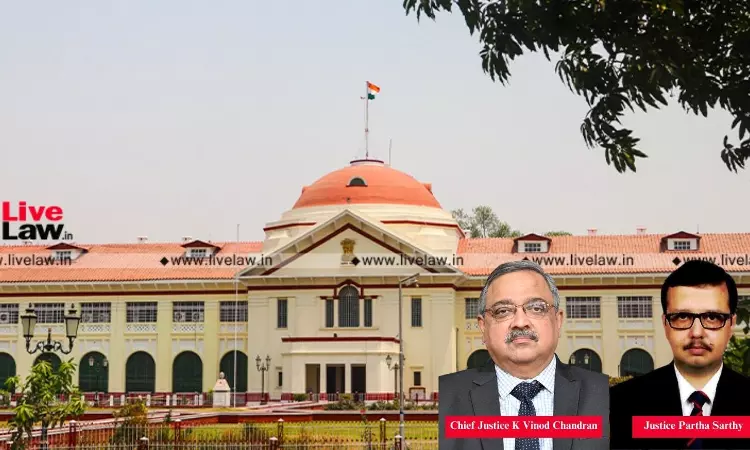Courts Cannot Order Implementation Of Optional Central Govt Schemes In State, Policy Domain Of State Govt: Patna High Court
Bhavya Singh
11 Sept 2023 9:50 AM IST

Next Story
11 Sept 2023 9:50 AM IST
While clarifying that the Court cannot, through a judicial order, direct the implementation of a Scheme formulated by the Central Government, which can be implemented only at the option of the State Government, the Patna High Court has dismissed a Public Interest Litigation (PIL) that sought a directive for the state government to implement the guidelines related to the Post Matric...
